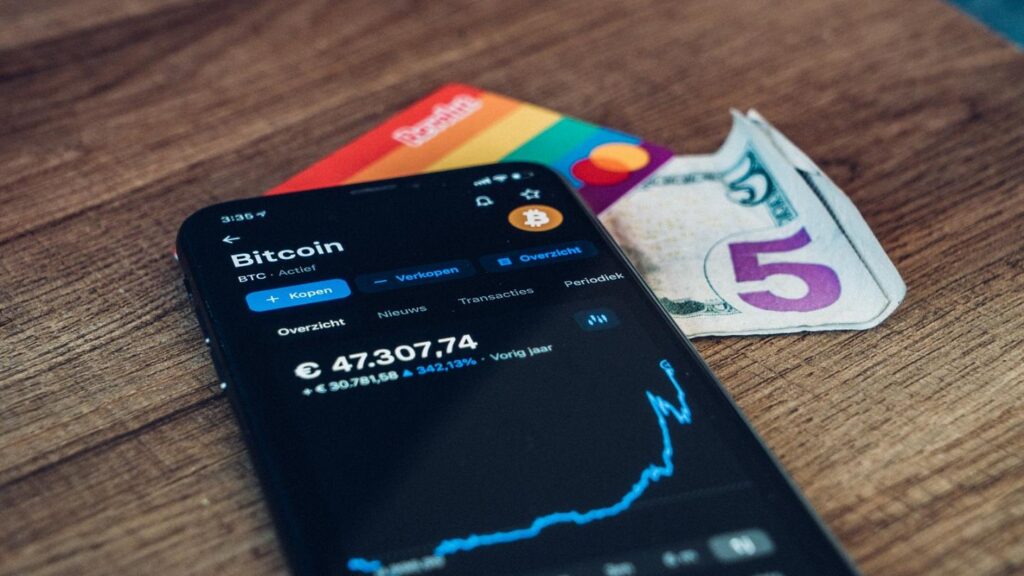If there is one market in the world that has been quoted to have the most profit potential out of all other markets, it is the cryptocurrency market. What started as a small dent in the world’s economy in 2009 with a value of only a few dollars has now transformed into one of the biggest markets in the world with a market worth of almost $1.9 trillion.
According to ventsmagazine.com, even as the world economy was failing and struggling to survive during the pandemic, the cryptocurrency market not only survived the ordeal but thrived in it. The magazine goes on to say that cryptocurrency has the most profitable investments if you choose to invest wisely and properly.
The cryptocurrency market has given rise to many crypto billionaires who invested early in crypto are now reaping its rewards. Their success has inspired many new investors to invest in cryptocurrency with the hopes of making a profit for themselves. However, these new investors often lack the proper understanding of the security measures that need to be undertaken to ensure that your account stays secure and safe.
If you are one of these investors who want to know the various security measures that need to be taken to secure your account, you have arrived at the right place. In this article, we will list several different tips that can help you protect your crypto account and all the assets you have inside it. Read the article till the end so that you don’t end up missing out on crucial details.
1. Utilize cold wallets

Crypto wallets are the places where most investors keep their cryptocurrency in. There are many types of wallets but all of them are categorized primarily into hot and cold wallets. Hot wallets are wallets that require an internet connection to be used and are mostly found on websites and exchanges.
Cold wallets, on the other hand, are offline wallets that safely store your cryptocurrency inside them even without the need for an internet connection. However, one important point to note here is that cold wallets are actually much more secure than hot wallets.
This is because hot wallets are always connected to the internet and can thus be accessed by hackers and attackers much more easily. The websites where your online wallet is located can be easily accessed and its security bypassed with continuous phishing attacks. This can lead to your account being compromised and losing all the crypto assets you have.
However, with a cold wallet, you don’t need to worry about hackers attacking your wallet because hackers simply have no way to access cold wallets like hardware or paper wallets. As long as you keep these wallets safe in your hands, there is no way a hacker would be able to hack into your system.
2. Keep your private key safe with you

Every cryptocurrency user has one private key and one public key assigned to their account. While your public key is meant to be used by other users while transacting and is totally okay if you share it, the same cannot be said for your private key. Your private key is the access to your account that ensures you are the one accessing it and no one else.
On the other hand, the public key is your account’s identity that is searched by other traders when they need to transact with you. It is crucial that you don’t mix these keys and keep your private key secure with you. When you first get your private key, it is a good idea to write it down somewhere and keep it close to you somewhere safe.
Never write your private key on your computer, laptop, smartphone, or any device that has an internet connection. Otherwise, you risk your device getting hacked and your hacker finding out your private key which can then lead to losing your entire account.
3. Don’t keep too much money in exchanges

As we stated before, the more cryptocurrency you have in online sources such as hot wallets, the more you are prone to the risk of getting your online crypto account hacked. Most professional investors thus avoid keeping money in hot wallets.
That being said, if you are an active crypto trader who trades on a daily basis on exchanges then it is a good idea to keep a small number of your crypto assets in your exchange account. This will help you access your funds much easily and in a much faster fashion than before.
However, it is vital that you don’t keep too large of an amount in your account. As a general rule of thumb, don’t keep money that you can’t afford to lose in your exchange account. In the case your account does get hacked, you won’t have much to lose.
4. Spread your funds

Many investors who trade on a regular basis don’t use a single account for doing so. They use multiple accounts with each of them being on a different exchange and fund all of these accounts with small increments of money. This way, even if one of your accounts does get hacked, you only stand to lose a very small amount of money.
This is a great idea for investors who want to make short-term trades in cryptocurrency and have the time to manage multiple accounts. Additionally, if you do end up doing this, we will strongly recommend you to use different email IDs for different accounts. Don’t use the same email on every single cryptocurrency exchange.
If a hacker finds your email ID after hacking one of your accounts, they can hack into the email address and use it to bypass the security measures on your other cryptocurrency exchange accounts. Having multiple email IDs would really come in handy here because the hacker would have no idea of what email you have used for which account. If possible, many investors also recommend using separate SIM cards for separate accounts to ensure maximum security.
Conclusion
There are several ways through which you can protect your crypto account from getting hacked and your assets from being stolen. We hope this article helped you provide insights on some of them and if it did, please consider following our website for regular updates as it will help us out immensely
